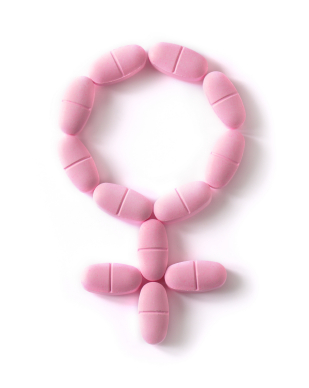Following advice from researchers at the University of Oxford that statins should be prescribed to healthy people, a study of over a thousand people in the USA has highlighted a number of side effects of the cholesterol-lowering drugs. The main side effect identified is fatigue or lower energy which previous studies had not fully investigated.
This new study, from the University of California, San Diego, found however, that participants using low doses of statins were significantly more likely to report decreasing energy levels and/or fatigue following exertion than those participants using placebo.
Beatrice Golomb, co-author of the  study published in Archives of Internal Medicine, stated that the “…side effects of statins generally rise with increasing dose, and these doses were modest by current standards. Yet occurrence of this problem was not rare – even at [low] doses, and particularly in women.”
study published in Archives of Internal Medicine, stated that the “…side effects of statins generally rise with increasing dose, and these doses were modest by current standards. Yet occurrence of this problem was not rare – even at [low] doses, and particularly in women.”
 study published in Archives of Internal Medicine, stated that the “…side effects of statins generally rise with increasing dose, and these doses were modest by current standards. Yet occurrence of this problem was not rare – even at [low] doses, and particularly in women.”
study published in Archives of Internal Medicine, stated that the “…side effects of statins generally rise with increasing dose, and these doses were modest by current standards. Yet occurrence of this problem was not rare – even at [low] doses, and particularly in women.”
She went on to warn that the prescription of statins may inadvertently affect health and that a lack of energy/exertional fatigue should form part of the risk-benefit determination when prescribing drugs for high cholesterol. Golomb believes that the risk to patients without heart disease, particularly women and those over the age of 70 years outweighs the benefits of statins.
A substance present in many tissues and an important constituent of cell membranes although high concentrations of a certain type of cholesterol in the blood are unhealthy.
Full medical glossary
One of the three main food constituents (with carbohydrate and protein), and the main form in which energy is stored in the body.
Full medical glossary
The basic unit of genetic material carried on chromosomes.
Full medical glossary
septic arthritis
Full medical glossary
One of a class of drugs that inhibit cholesterol formation in the liver.
Full medical glossary
A class of drugs that inhibit cholesterol formation in the liver.
Full medical glossary



